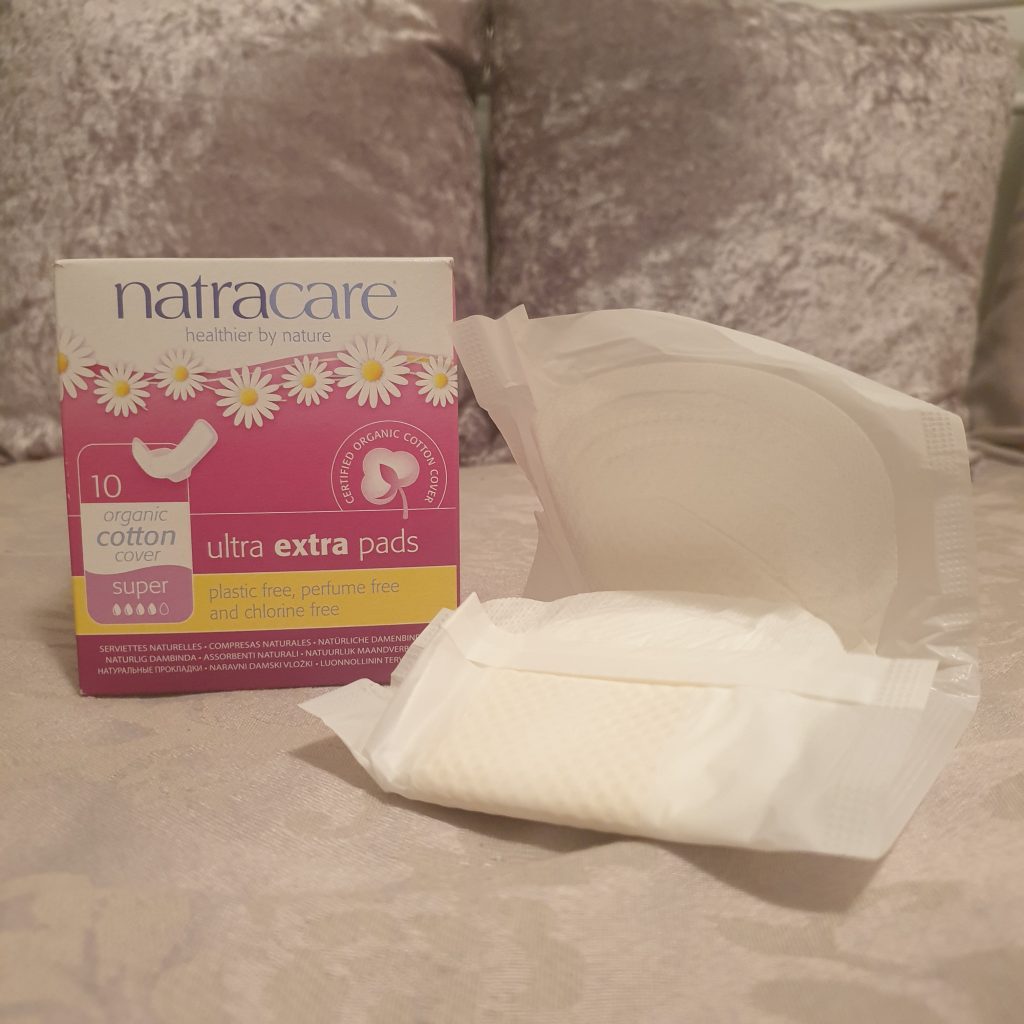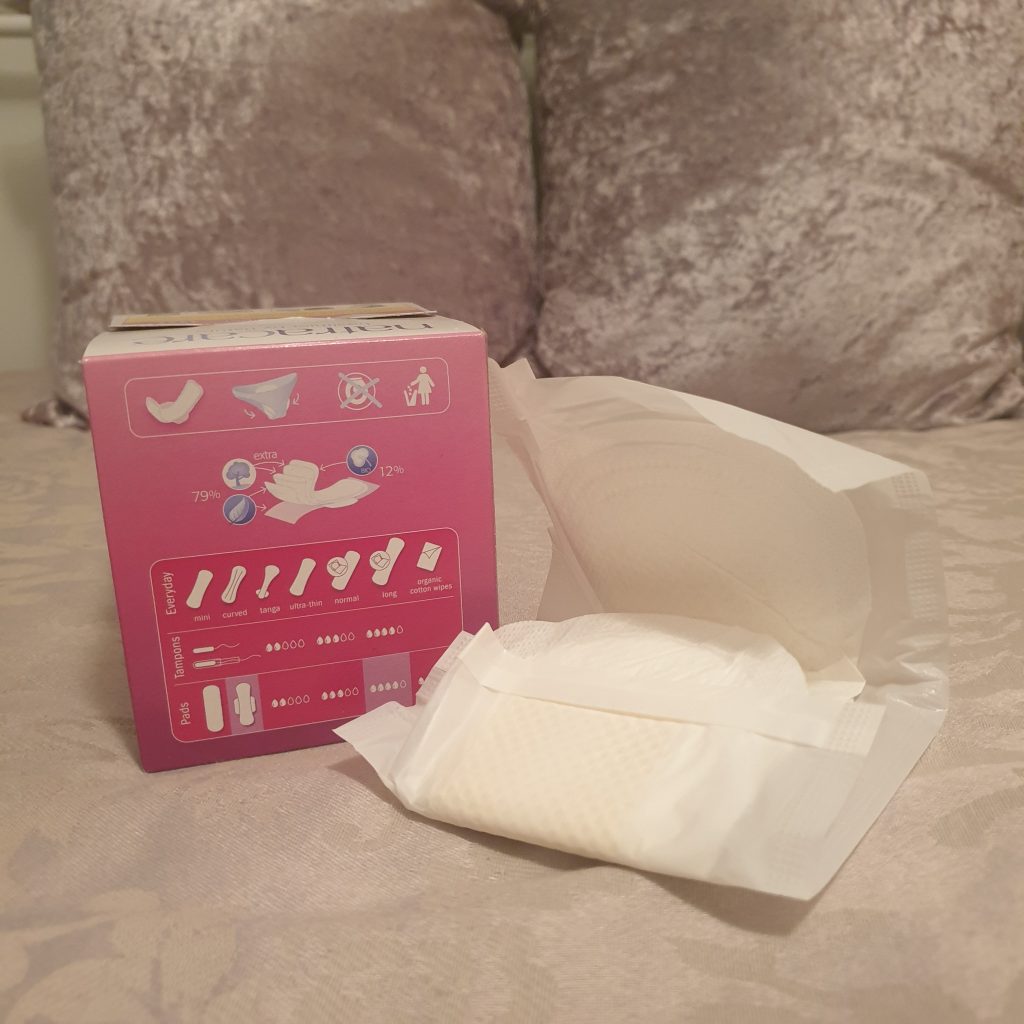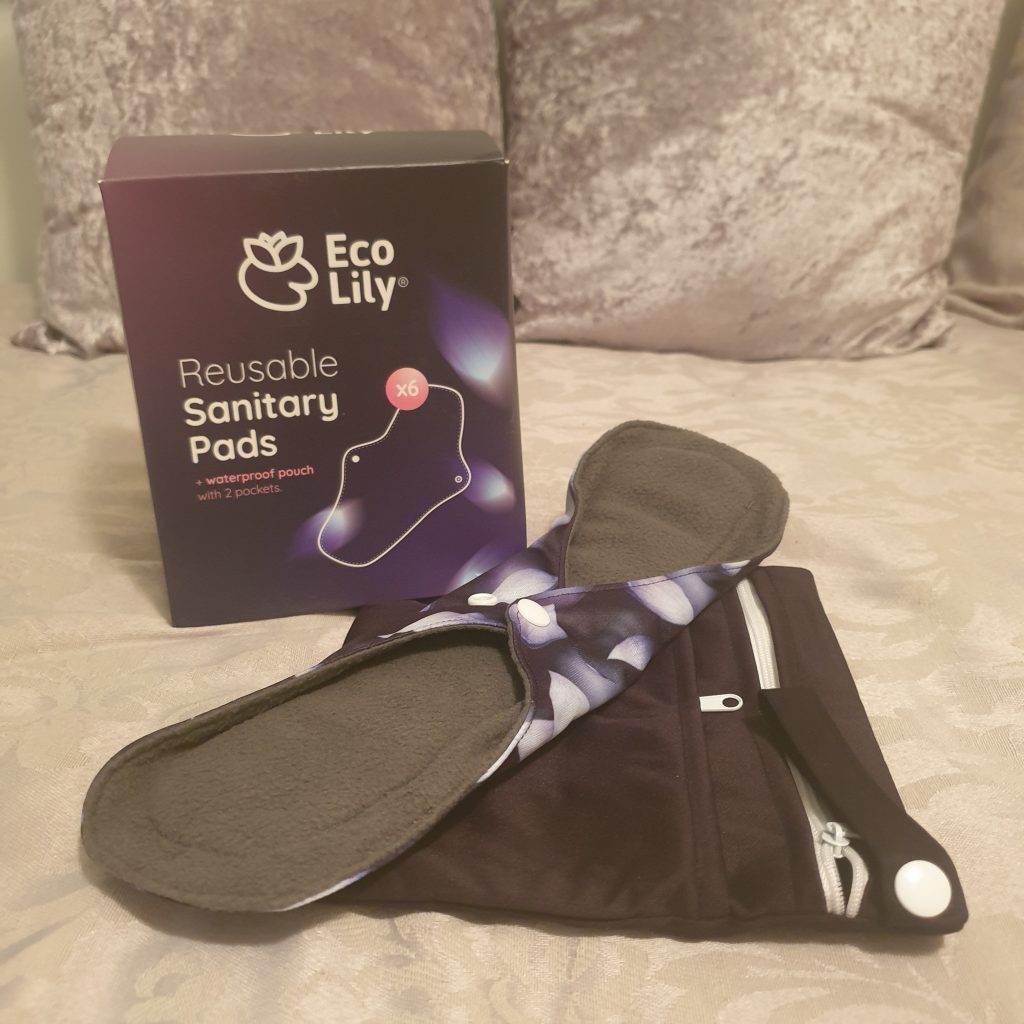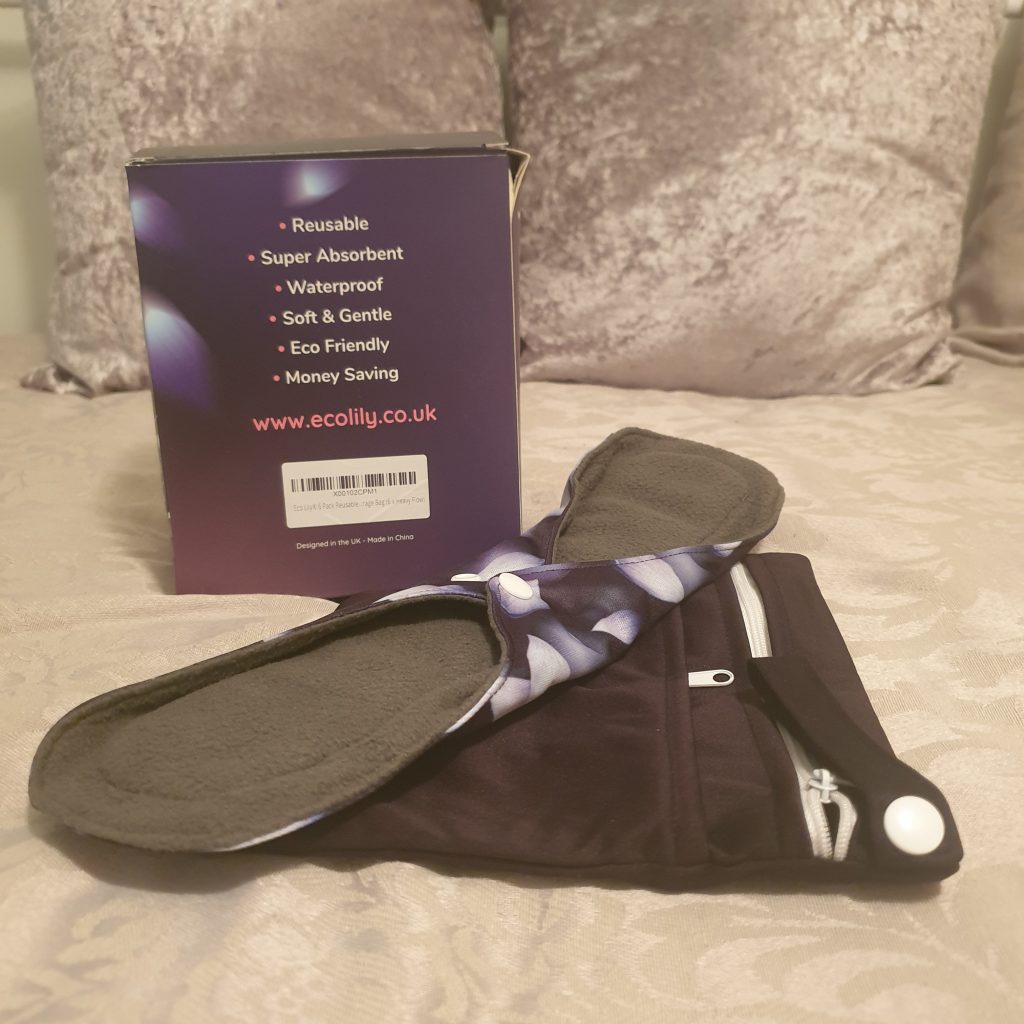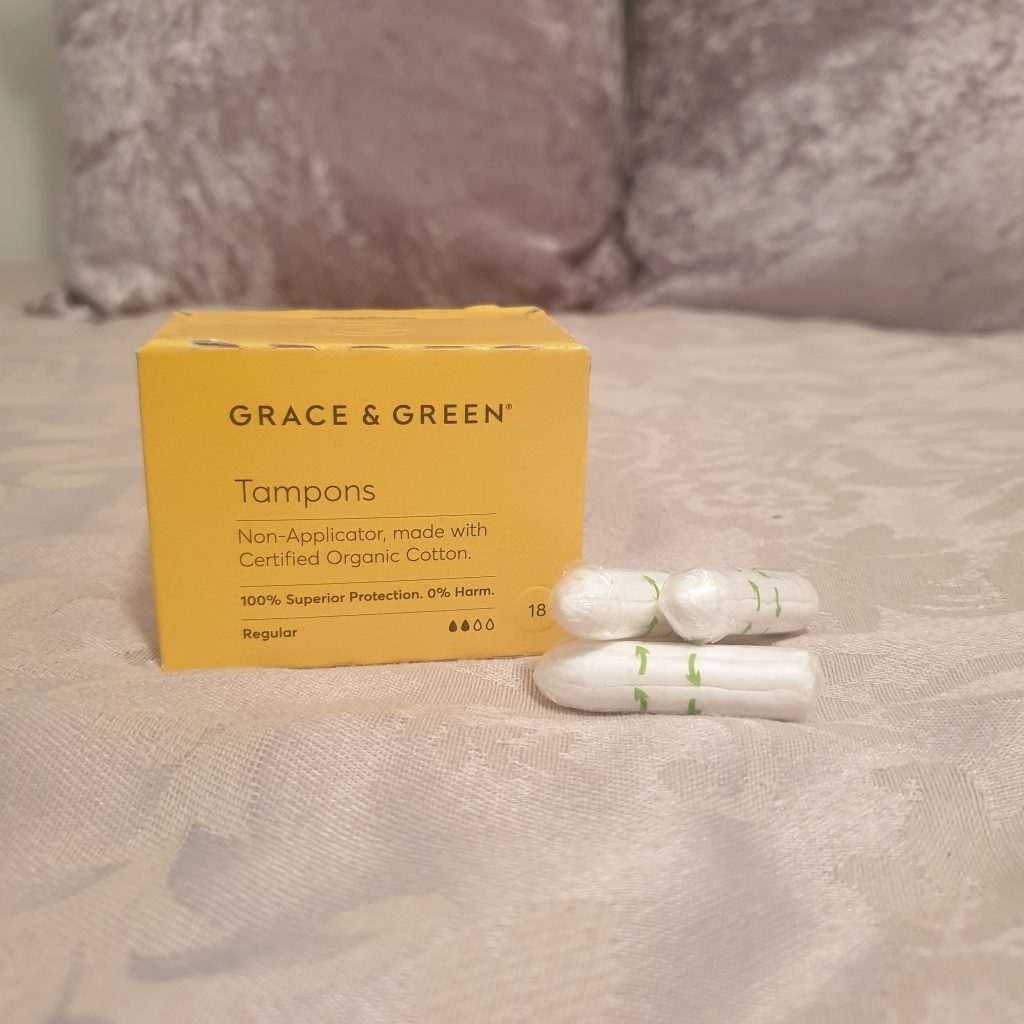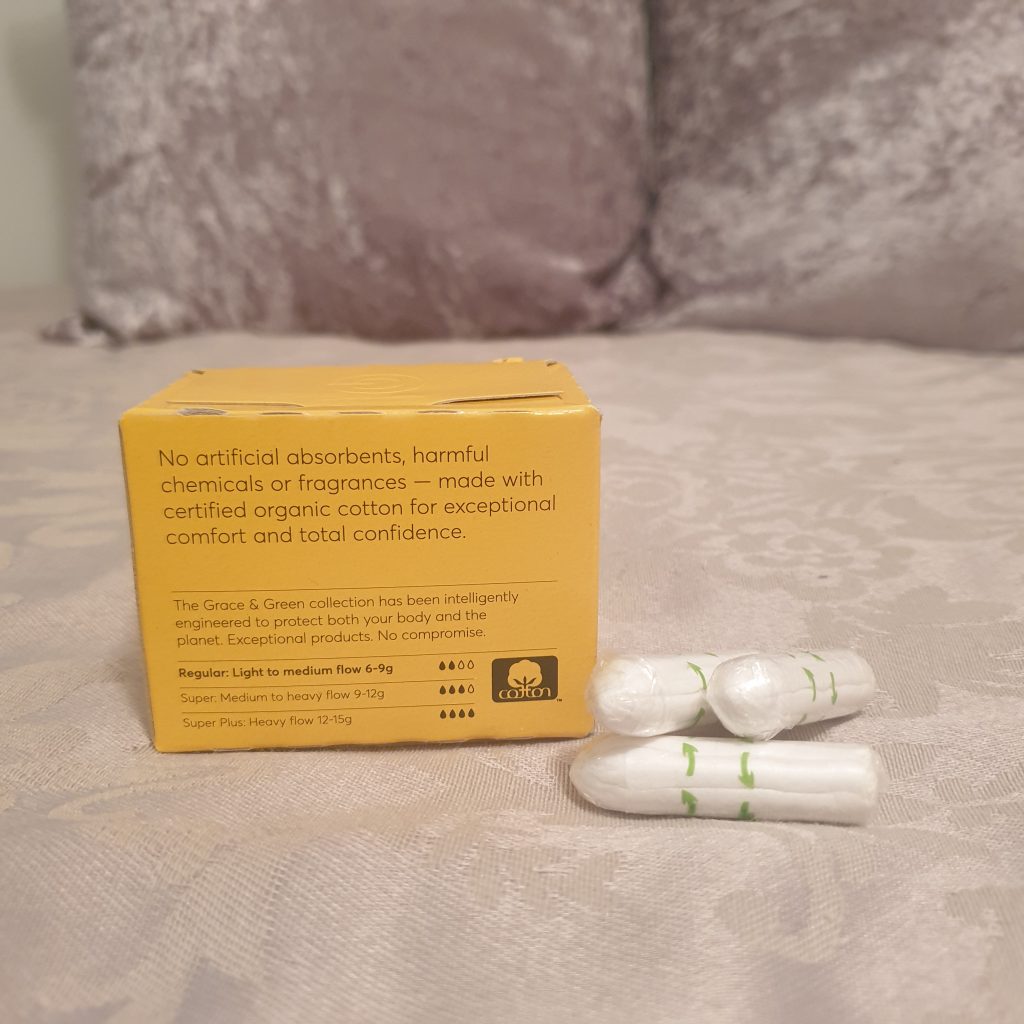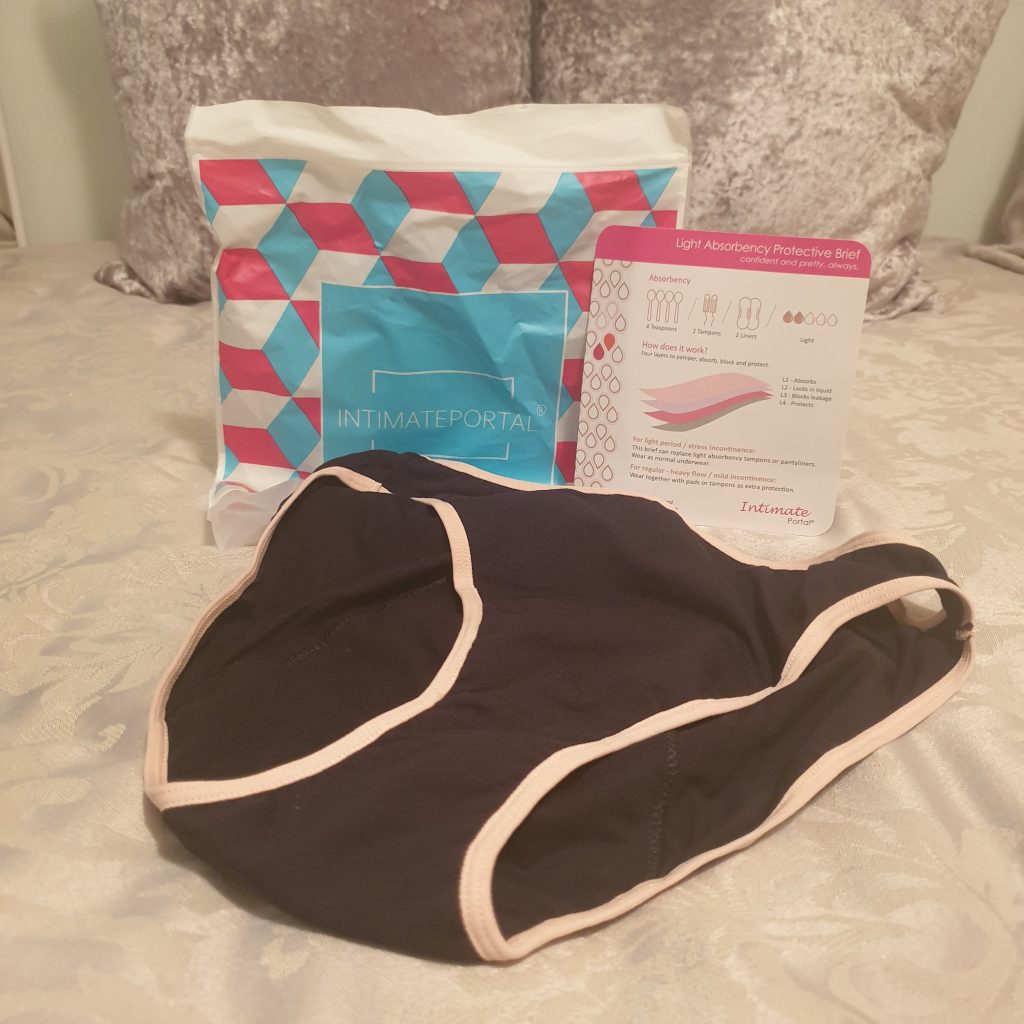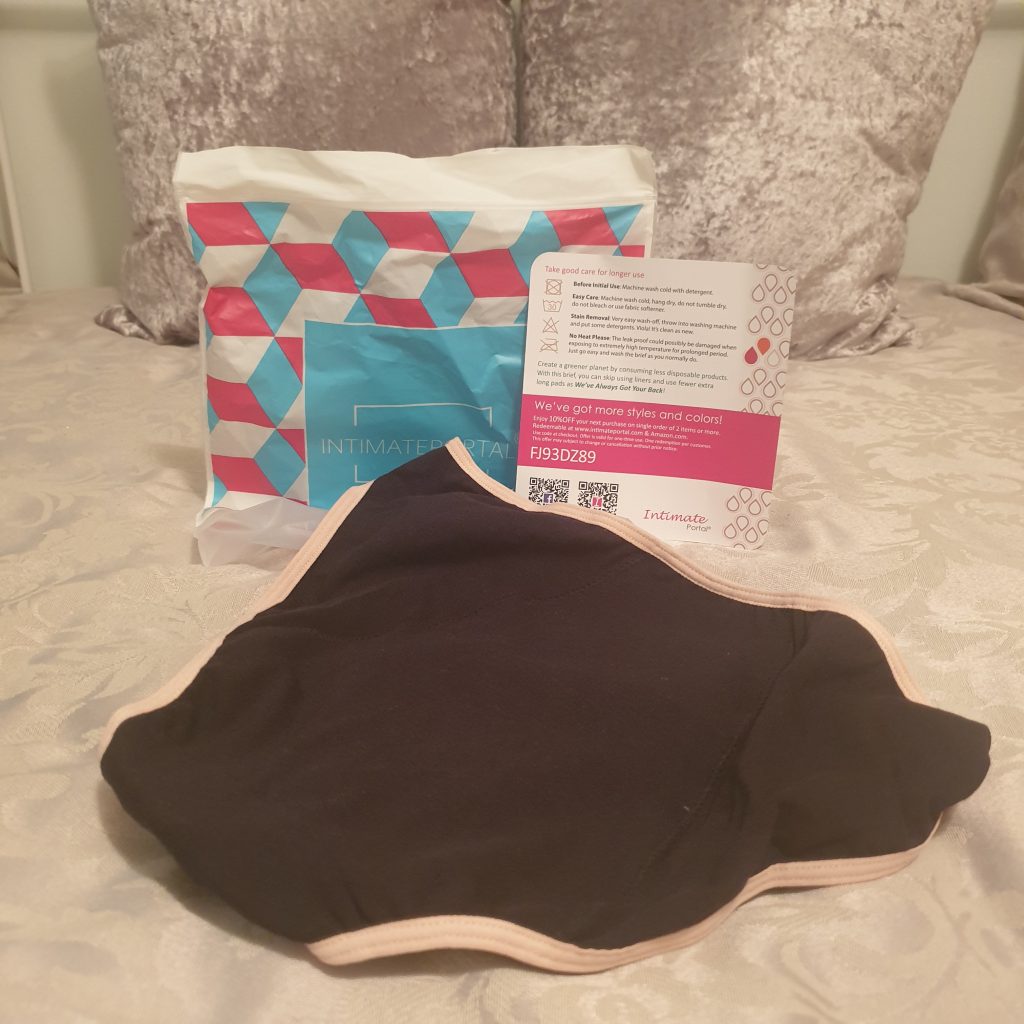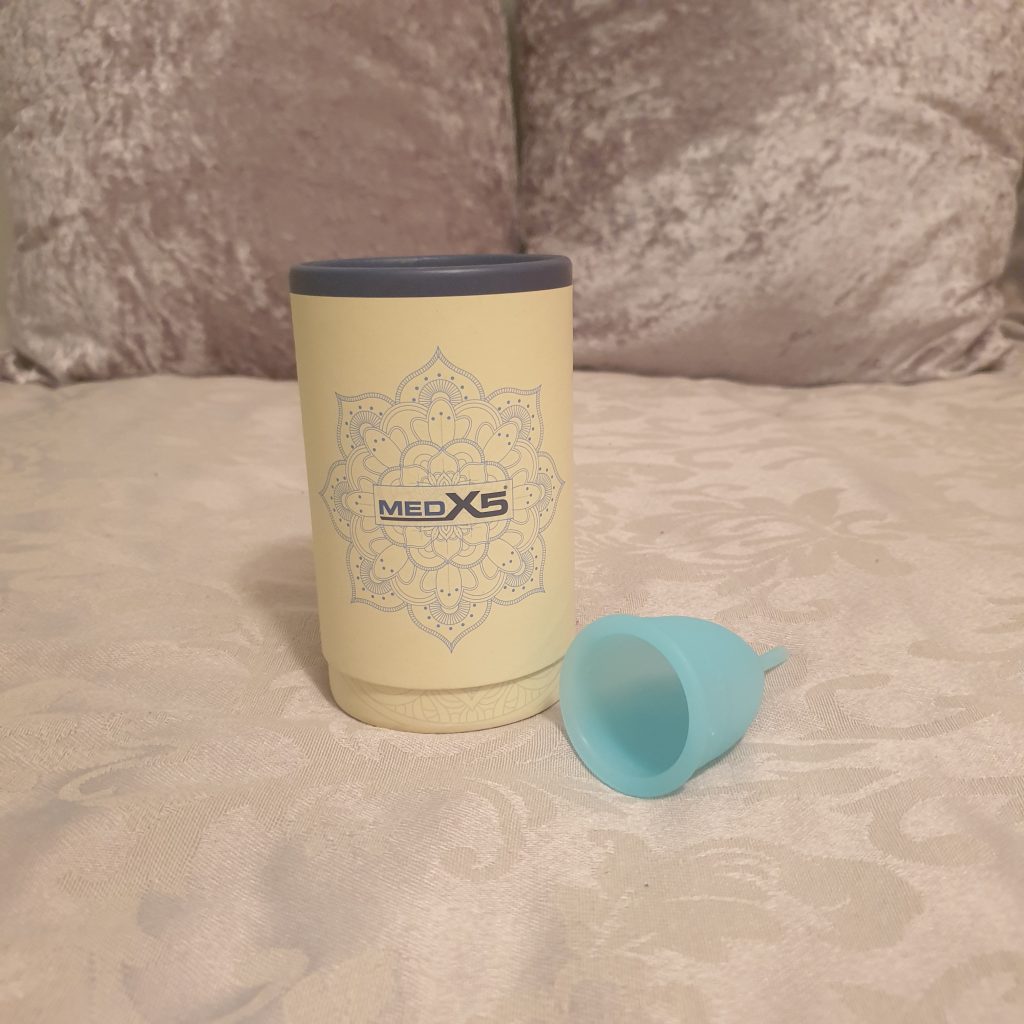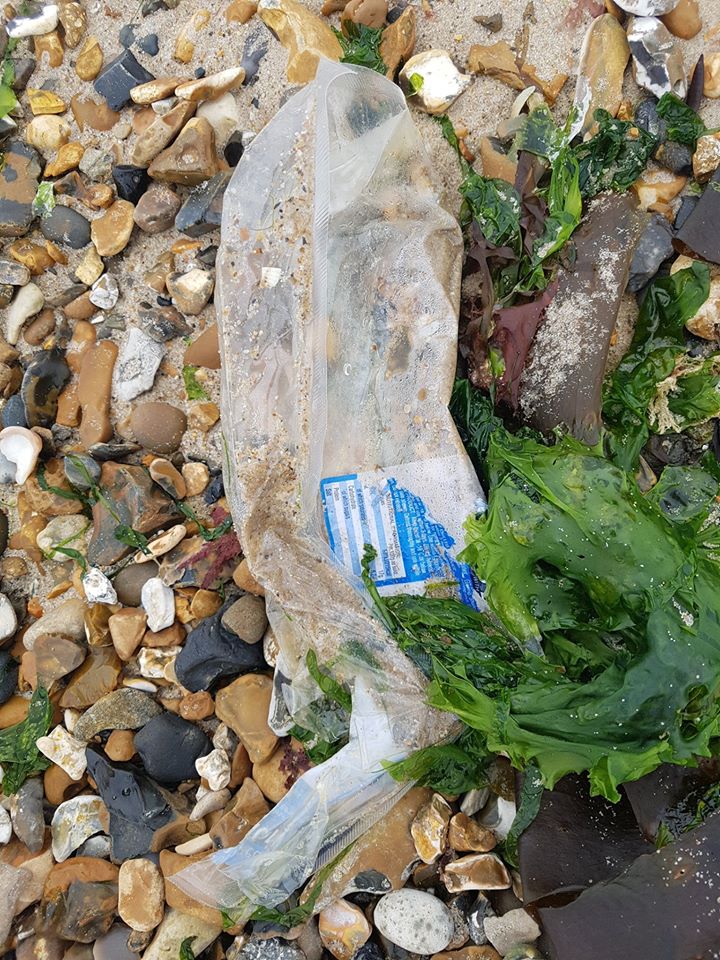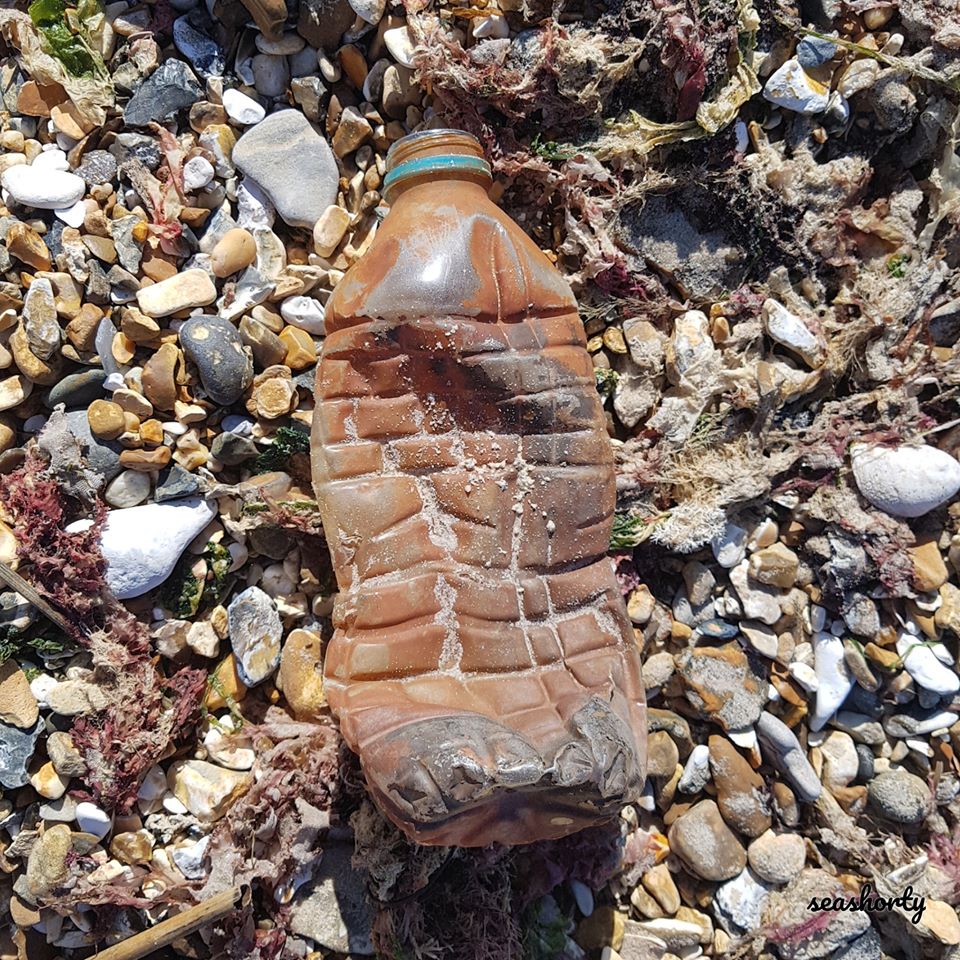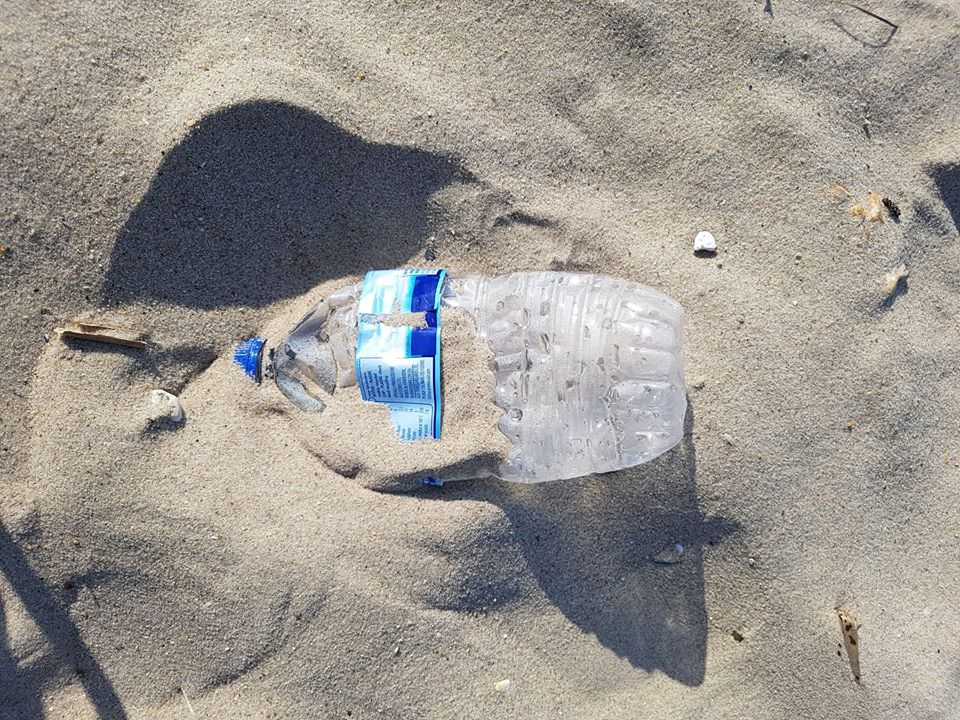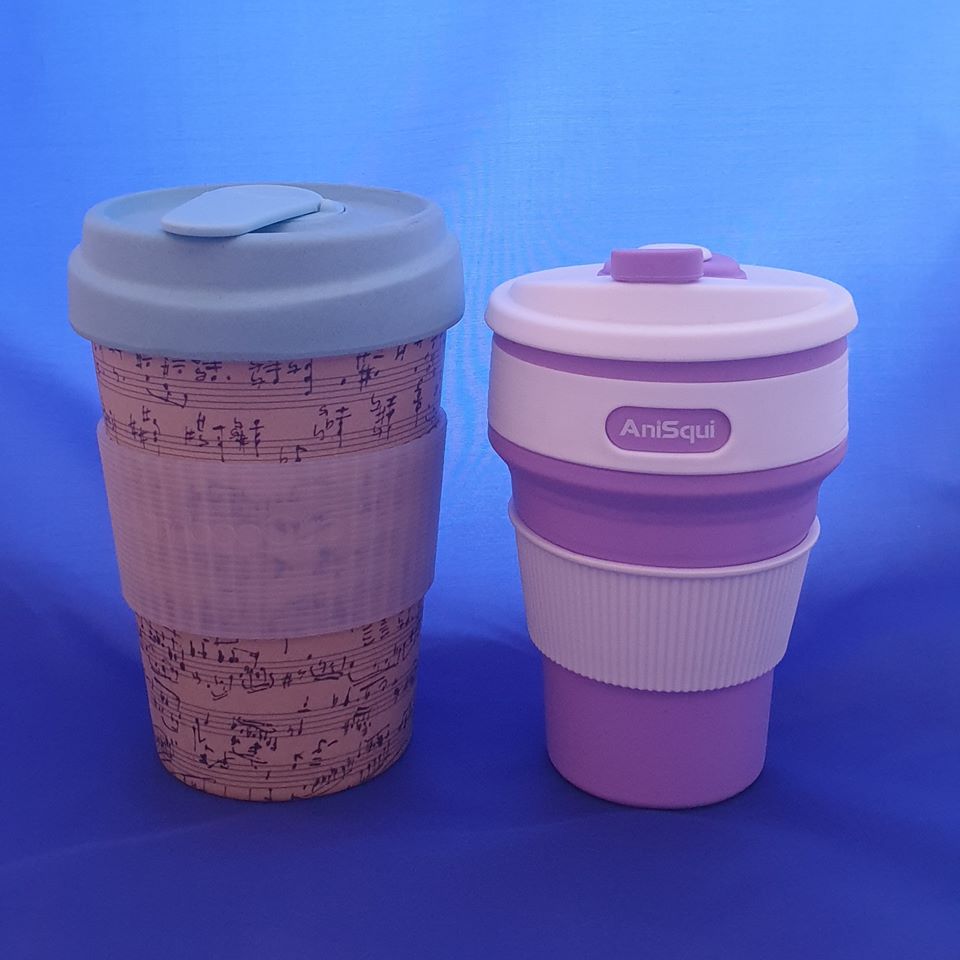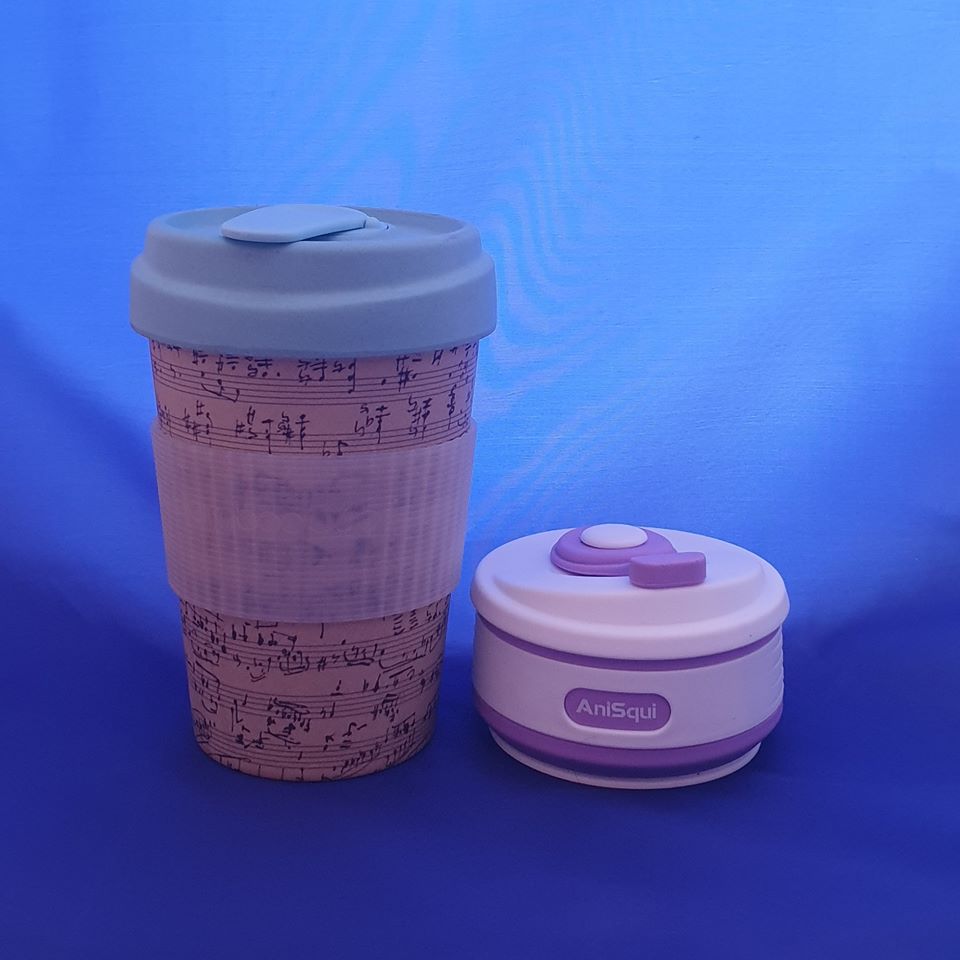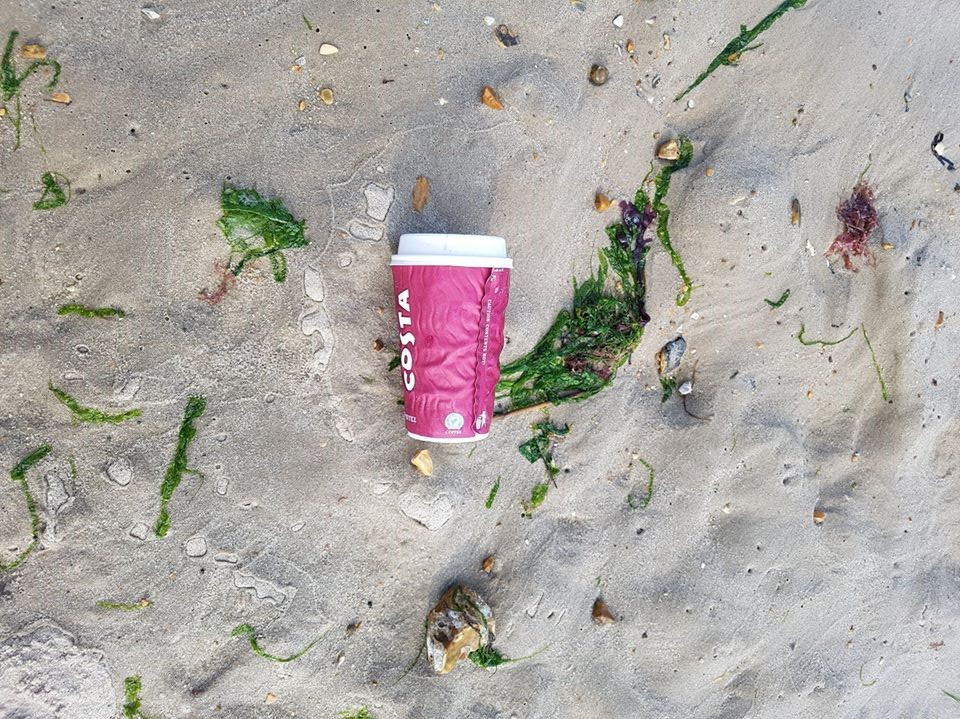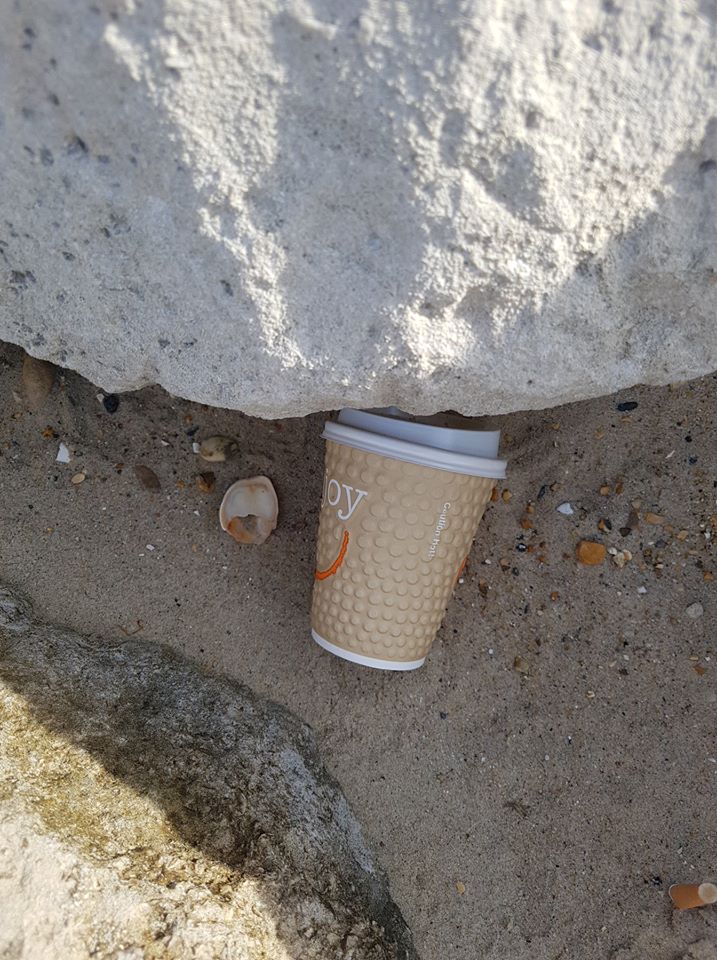Individuals
Absolutely anyone can get involved with the plastic free communities campaign. It’s all about reducing single-use plastics, either removing them or replacing with sustainable alternatives.
- Remember your refillable water bottle
- Refuse single-use takeaway cups – take a reusable cup
- Refuse single-use packaging
- Resist a straw
- Refuse a single-use plastic bag – take your own
- Take your own cutlery
- Avoid single-use plastics in the bathroom
- Refuse single-use condiment sachets
- Do your own mini beach clean or litter pick
Start your individual action plan here
Tips for getting started
Check out these tips from the Community Toolkit
Get your restaurant or takeaway to replace single-use sachets with refillable and reusable containers.
Share the impact straws can have on local wildlife with friends and family and tell them to refuse a straw when ordering a drink. If it is a must, there are plenty of reusable versions available to take with them.
Make sure you recycle any single-use plastic bottles and containers you come into contact with. These can become new products! Don’t waste plastic!
Remember to take your reusable bag each time you go shopping. Save yourself money and the environment in one action.
Discuss the use of single-use plastic in your favourite cafe and challenge them to reduce their use of it. Wooden stirrers and reusable coffee cups make immediate positive impact.
Encourage local cafes, pubs and public spaces to make sure drinking water is readily available and remember to carry a reusable water bottle with you
Plastic Free Swaps
Have a look at the blog posts for some ideas of changes you can make
19th – 25th October 2020 is #EnvironmenstrualWeek and we have shared some posts from Surfers Against Sewage about period products.
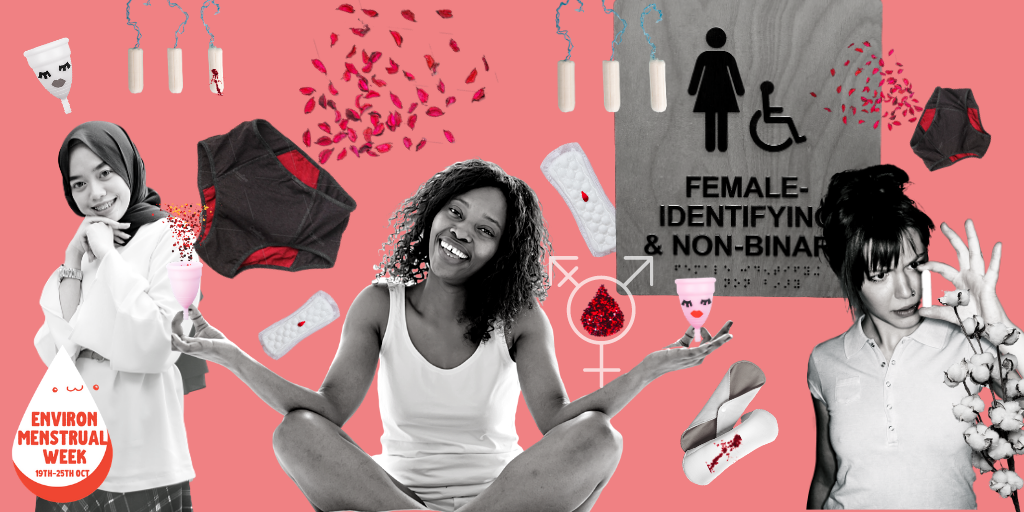
Here we are going to show you what some of the alternatives are to help you decide how you can make the change from plastic period products to plastic free alternatives.
Please note that we do not endorse any specific products, many brands of each of the examples below are available and we encourage you to do your own research into what would be best for you.
Have a look in our local zero waste stores as they may stock some of these items.
At the time of writing, if you sign up at the Environmenstrual Week website you can get some discount vouchers to help you try out products.
https://www.wen.org.uk/environmenstrualweek/
Plastic Free Pads
Here are a couple of alternatives to plastic pads. Using non-plastic pads may reduce contact with chlorine bleaches, synthetics and superabsorbents made from petrochemicals.
NatraCare are plastic free, perfume free and chlorine free and have an organic cotton cover. They are biodegradable and there are several different options to suit different people.
These are reusable sanitary pads. They come in a box of 6 and have a waterproof pouch.They have wings with poppers to secure them to your underwear and, like plastic pads, come in a range of styles.
These pads can be washed, dried and re-used. They are toxin free, eco-friendly and the packaging is made from 100% recycled paper. They have a waterproof outer layer, absorbency layers and a layer of soft bamboo.
Plastic Free Tampons
These tampons are made with certified organic cotton and contain no artificial absorbents, harmful chemicals or fragrances.
They are non-applicator and come in different sizes.
There is also an option for a reusable tampon applicator, if you prefer to use one. You can find out more at this website:
Period Pants
These are period pants, they have reusable pads as part of the product and can be washed, dried and re-used.
You can wear them on their own for those light days or you can combine them with pads for extra protection.
These come in a bag of 5 and can be machine washed. The absorbency of these is light, approximately 2 tampons or 2 liners and they have 4 layers.
Menstrual Cup
Menstrual cups are flexible and made of silicon or latex rubber. They catch and collect your flow, rather than absorbing it.
You insert the cup like a tampon without an applicator (please follow instructions provided with products or look instructions up online, there are lots of different methods).
These can be washed and re-used and can be left in place for up to 12 hours. Although they can be more expensive, they can last up to 10 years.
There is some more information here and a quiz to help you work out what product would be best for you:
When you stay in a hotel, do they provide tiny bottles of shampoo, conditioner and body wash? What about plastic cups, plastic wrapped biscuits, tea and coffee? It is possible to change this to create plastic free hotels.
This article appeared in the Bournemouth Echo in September 2019 and is about The Marsham Court hotel. The hotel has successfully switched from single-use plastics to refillable alternatives.
They have also improved recycling in the hotel by noticing customer habits and meeting the demand. This has been done by providing jute recycling bags to each room and extra recycling bins throughout the hotel.
Click here to read the article
Clean Conscience
Also mentioned in this article is a company called Clean Conscience, who provide recycling for hotel soap and toiletries and are the only company in the UK who offer this.
There are videos all about the business on the website and they are well worth watching.
Click this link to visit the site and find out about this amazing company
The home page of the website gives you all the details of the Hotel programme and how they re-use and re-purpose all the leftover and unused toiletries.
To find out what local businesses are already doing, have a look at the showcase on the Business Champions page. If you would like to see more plastic free hotels, let your favourite places to stay know.
Do you use clingfilm, food bags, foil or other single-use food wrapping? Do you buy lunches wrapped in plastic?
There are a few solutions available now to help you move away from single-use products.
Re-use takeaway boxes, sweet and biscuit tubs and tins and any other suitable container for packing food. Although these options may not be plastic free, the items are reusable and re-use is always the first thing to consider.
Use beeswax wraps to cover and wrap food – I use these instead of clingfilm now.
Use paper food bags instead of plastic ones – I use these to wrap picnic food
There are silicon food bags available if you want something less susceptible to liquids!
Choose plastic free alternatives – there are some amazing products available now for storing food for lunches and picnics. Lots of stainless steel items and bamboo items. My lunchbox is made of wheat straw and it’s the best one I have ever had!! It has several compartments for food and snacks, contains wheat straw cutlery in the lid and has a sealed layer to go between the food area and the cutlery. It is microwave and dishwasher safe (although I don’t posses either ????). I have to be more organised and actually prepare lunch, but it does save me from buying plastic salad pots or sandwich packets, crisps etc.
From a beach clean point of view, I pick up lots of plastics related to food and, in the summer months, picnic wrappings, so I’d love to see more people turning to alternatives.See some of my finds below.
From the campaign point of view, everyone can make the switch to non-plastic items and workplaces can ask staff to bring plastic free lunches.
Of all the switches, I think this is the one that most people are aware of! Plastic bottles are everywhere but they can easily be replaced by re-usable bottles.
Many places now allow you to fill up your bottles with water, free of charge. Look out for stickers in the windows of shops.
In Dorset, look out for people who have joined the Refill Dorset scheme. If you would like to join this scheme, check out the web link.
You can get re-usable bottles in all shapes and sizes now, check out mine below – excuse the scratches, they are well used! I’m not sure how I ended up with three ????, but the different sizes work well with different bags ????
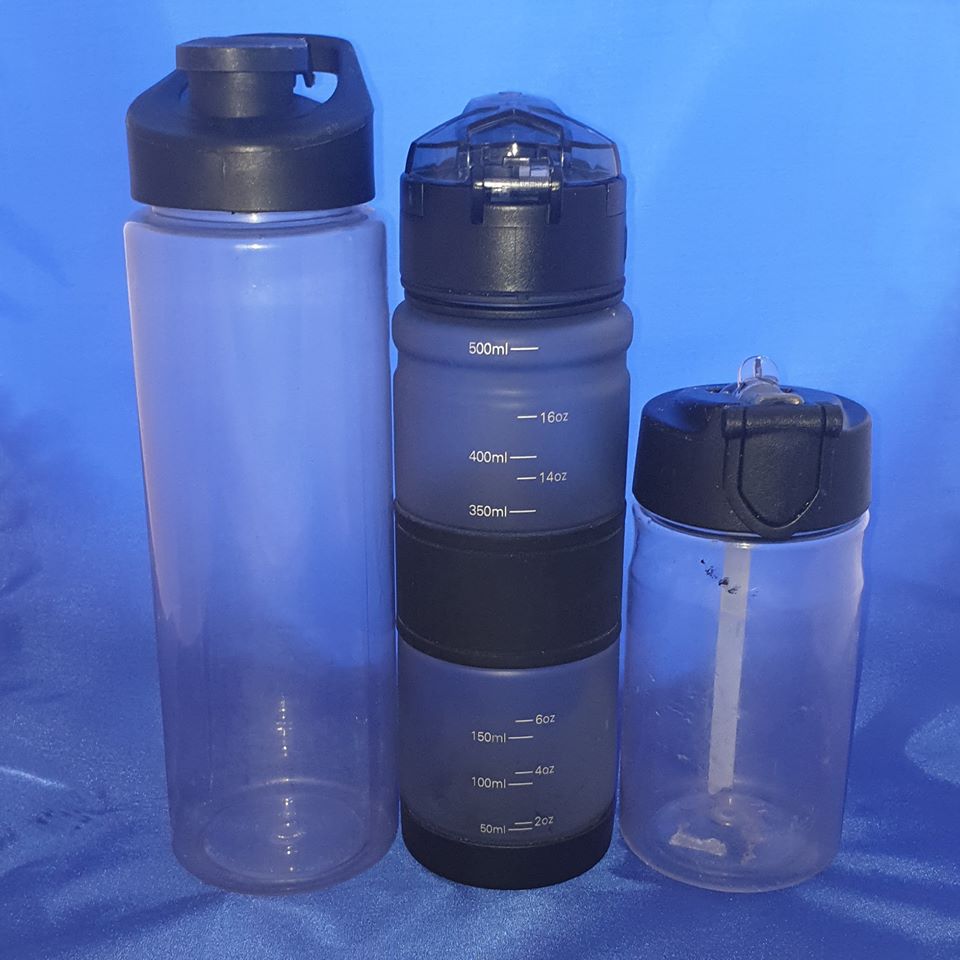
From a beach clean point of view, I find a lot of bottles ???? Check out a couple below in the pictures.
From the campaign point of view, individuals can make the switch to water bottles. Businesses can ban plastic bottles from the workplace and, if appropriate, sign up to the Refill Dorset scheme to allow people to fill up their water bottles. Community Groups can ban plastic bottles from activities.
We all like to get a drink sometimes when we are out and about, but we don’t have to use disposable cups.
I bought a bamboo cup to use but I find that it is very bulky to keep in a handbag and carry around! I was very excited to receive a new silicon collapsible cup for Christmas. It’s much more substantial than I had thought and perfect for squashing up into bags, ready to pop up when I want a drink. Both are pictured below.
Many places do allow you to bring your own cups now and often you get a discount for doing so. Did you know that the Coffee Cabin at Avon Beach will fill your reusable cup for you? They also sell their own version.
I’m happy to shout about any Highcliffe businesses that do this as well, let me know! I’m still discovering all the progress that is being made in the village.
Here’s a great link from Friends of the Earth all about disposable cups:
https://friendsoftheearth.uk/…/throwaway-coffee-cups-what-s…
From a beach cleaning point of view, I find quite a few disposable cups when I’m out on the beach and even more lids, so I would love to see more people using re-usable cups. Some of my finds are pictured below – you will notice that one or two are from local cafes and have unfortunately been left behind by people.
From the point of view of the campaign, individuals can make the switch to re-usable cups and businesses and community groups can ban the use of single-use cups on their premises and during their activities.
